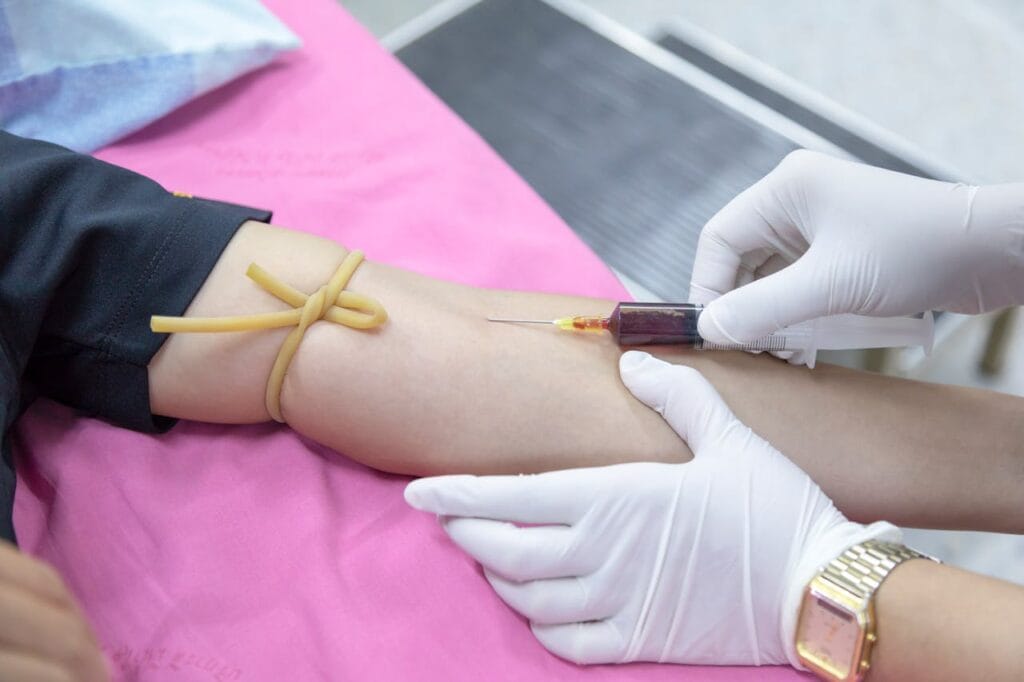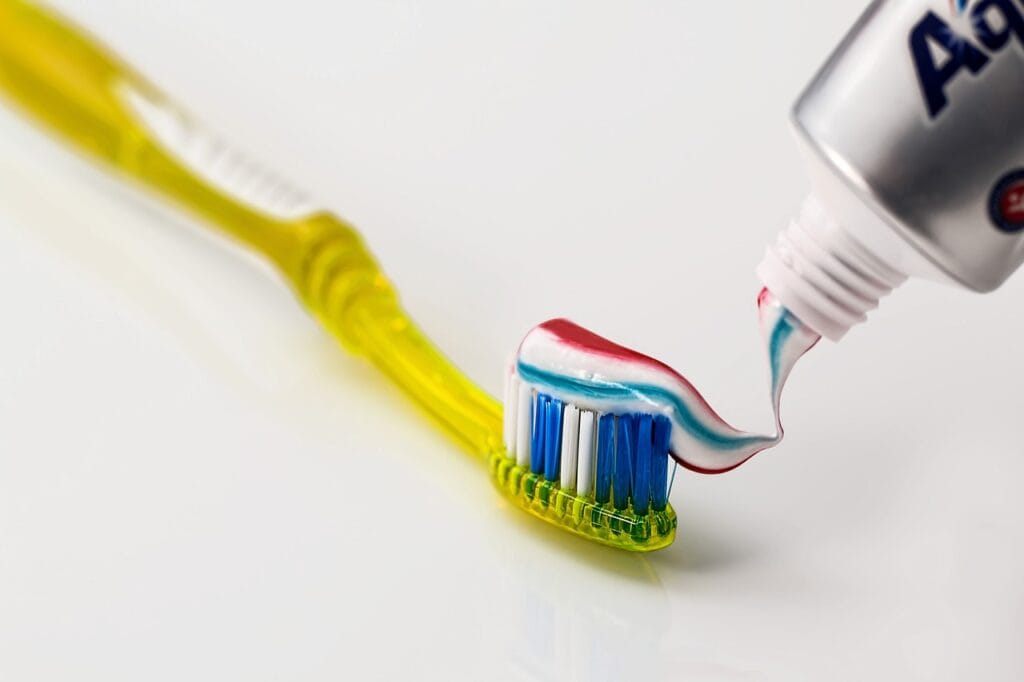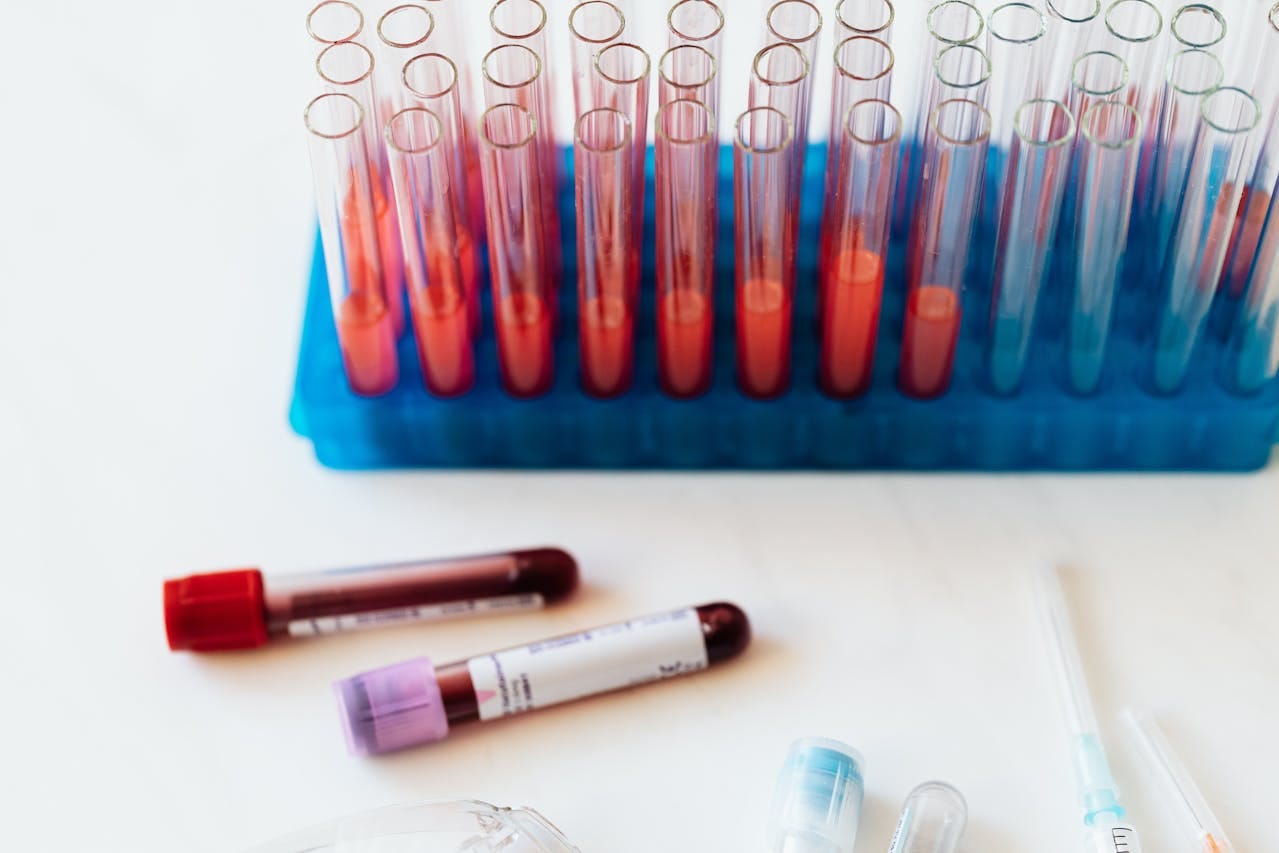It is a common belief that before some laboratory blood tests you should not only eat food, but also use toothpaste. We decided to check whether oral hygiene could affect test results.
On websites some medical institutions recommend do not brush your teeth before donating blood for determination of glucose levels, biochemical analysis and some others research. It is stated that certain components of toothpaste, if swallowed, can distort test results. At the same time, on other specialized resources indicatedthat brushing your teeth before the same tests is not prohibited. Visitors to services ask whether it is possible to perform morning oral hygiene before visiting a treatment room. questions And answers.
Not all blood tests need to be taken on an empty stomach. Among those, which do not require preliminary short-term fasting, are studies of hormone levels, because the food eaten is not able to affect these indicators. Therefore, there is no reason to avoid brushing your teeth with toothpaste in anticipation of such tests. However, before taking some tests, you should avoid eating or drinking anything (except water) for 8 to 12 hours to get more accurate results. Yes, on an empty stomach recommended hand over biochemical blood test (it reflects the state of protein, carbohydrate, lipid and mineral metabolism, as well as the activity of some serum enzymes), tests for glucose and cholesterol levels. These are the most common studies that require refusing food before collecting biomaterial, however, some more specific tests may also require special preparation, including abstaining from food in general or from certain foods. This is due to the fact that after eating food, nutrients are absorbed into the bloodstream and can affect the amount of the studied components in the blood. Usually, when referring a patient for a study, the doctor warns about the necessary preparation. Also, before tests taken on an empty stomach, experts advise abstain from alcohol, smoking and intense physical activity.

No matter how carefully a person spits out toothpaste and rinses his mouth after brushing (which is what dentists do, by the way, not recommended), a small amount of this product may still be swallowed. So in this sense, brushing your teeth can really be equated to eating food - the product enters the digestive system. Another question is whether the components of toothpaste can in any way affect blood test results.
These oral hygiene products, logically, do not contain any nutrients. Accurate compound may vary depending on the manufacturer and the specifics of a particular product, but the main components toothpastes are sodium lauryl sulfate (found in most detergents - shampoos, dishwashing detergents, washing powders - and is responsible, in fact, for cleansing and foam formation), fluoride (strengthens tooth enamel), triclosan (has an antibacterial effect), as well as abrasive particles, such as hydrated silicon dioxide. In addition, pastes contain preservatives, binding components, dyes, etc. To mask the unpleasant “soapy” or bitter taste of some substances in the paste, manufacturers usually add it contains artificial flavors and sweeteners.
These sweeteners can be divided into two groups. The first is sweeteners such as aspartame, saccharin and sucralose. By themselves they do not affect on blood sugar levels (however, some studies show, which indirectly can still cause its increase), which is why they are recommended as a safe alternative for patients with diabetes. In terms of calorie content, sweeteners and natural sugar are approximately equal, but artificial sweeteners are hundreds of times sweeter, so they need to be added to food in much smaller quantities. Things are somewhat different with sugar alcohols - for example, xylitol and sorbitol, which are included in some toothpastes. Although in popular science texts they are often grouped together with the sweeteners mentioned above, they have a slightly different effect. First, sugar alcohols are significantly less sweet, being about equal in sweetness to natural sugar (some are slightly less sweet, others are about twice as sweet). Secondly, they can indeed increase blood glucose levels, but to a much lesser extent and much less dramatically than natural sugar.

When brushing your teeth recommended use a very small amount of toothpaste (about 1 g) and the person usually spits most of it. Sweeteners are by no means the main component of toothpastes, so after brushing your teeth, hardly more than a few milligrams will get into your stomach. Given the already low potential impact of these substances on blood sugar levels, it is extremely doubtful that hundredths of a gram of accidentally swallowed toothpaste could seriously distort the results of the relevant tests. The same applies to the possibility of sweeteners being absorbed through the oral mucosa during the brushing process.
Similar arguments are relevant in the case of a biochemical blood test: toothpastes do not contain proteins and fats, and the carbohydrates in their composition are limited to the same sweeteners. “Verified” was unable to find any information that other main components of toothpaste can have any significant effect on other indicators studied during a biochemical blood test.
Regarding cholesterol tests, then not all of them require preliminary preparation in the form of fasting - before some you can have breakfast, although experts still advise giving up alcohol and fatty foods the day before. In any case, "Verified" found no evidence that toothpaste components can affect blood cholesterol levels. A complete test includes measuring blood levels of low-density lipoprotein (the so-called bad cholesterol that builds up in blood vessels), high-density lipoprotein (the good cholesterol that carries its more harmful cholesterol back to the liver for processing), triglycerides and total cholesterol. The reasons for high levels of bad cholesterol in the blood can be varied - from genetics to bad habits and an unbalanced diet, but one way or another this substance is associated with fats, which are not contained in toothpaste, so it is unclear how exactly brushing your teeth can affect the results of such studies.
Please note that “Verified” was unable to find any recommendations against brushing your teeth before taking blood tests on the websites of reputable medical organizations, in the scientific literature and specialized reference books. In any case, if the doctor who referred the patient for testing has recommended that you refrain from using toothpaste, to maintain oral hygiene, you can simply brush your teeth and then rinse your mouth with water.
Thus, when brushing your teeth, it is indeed possible to swallow toothpaste, and therefore the sweeteners it contains. Theoretically, some of them can affect blood glucose levels, but given how small the amount of such substances that a person might accidentally ingest in the paste is, it is doubtful that they can significantly distort test results. It was also not possible to find a connection between brushing teeth and the most common blood tests.
Cover photo: pexels.com
Read on the topic:
- Harvard Health Publishing. What's the right way to brush your teeth?
- Did the WHO really admit that the sweetener aspartame causes cancer?
- Is it true that sugar-free soda is a healthier alternative to regular soda?
If you find a spelling or grammatical error, please let us know by highlighting the error text and clicking Ctrl+Enter.






